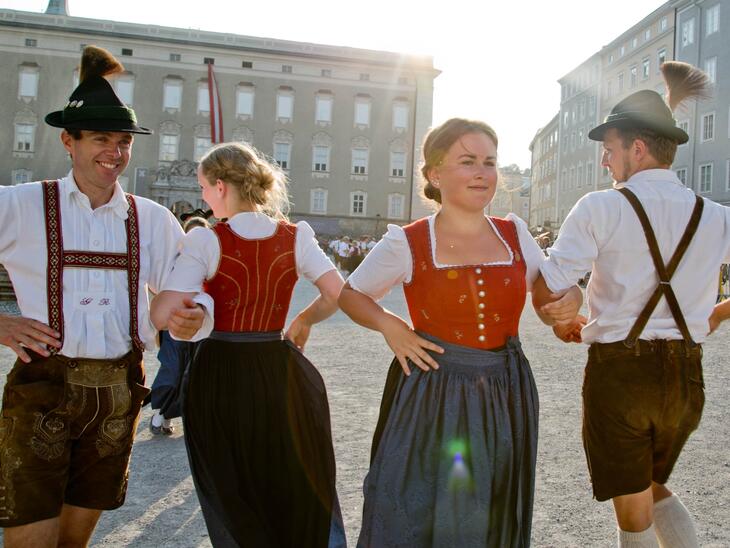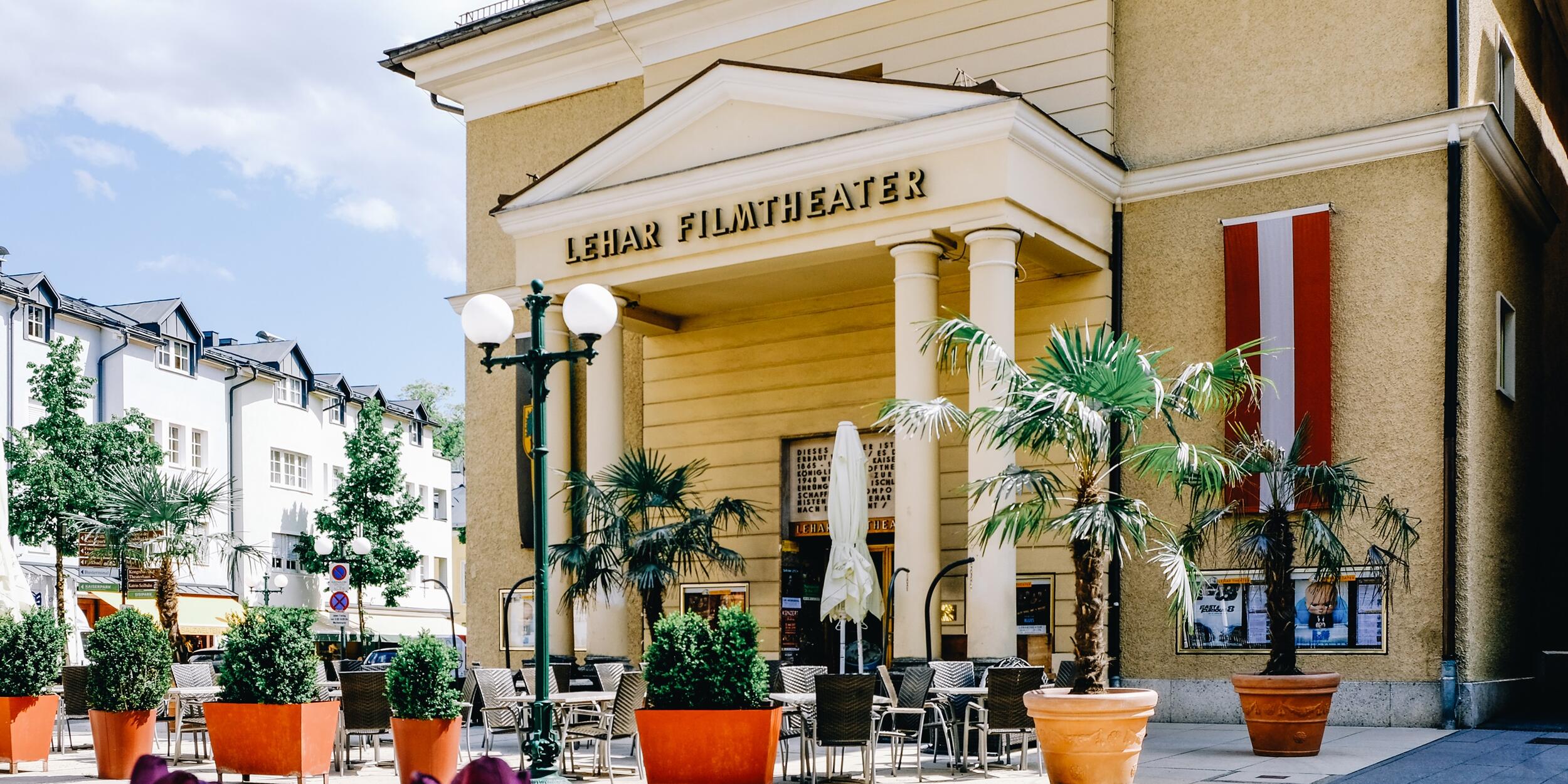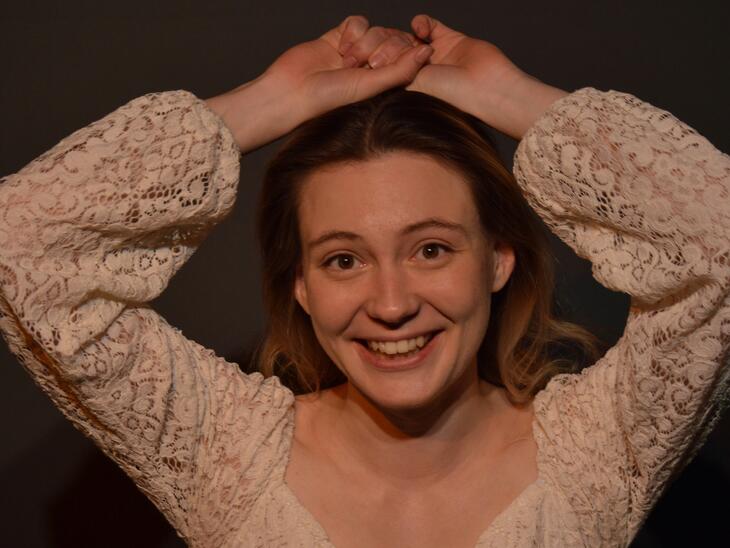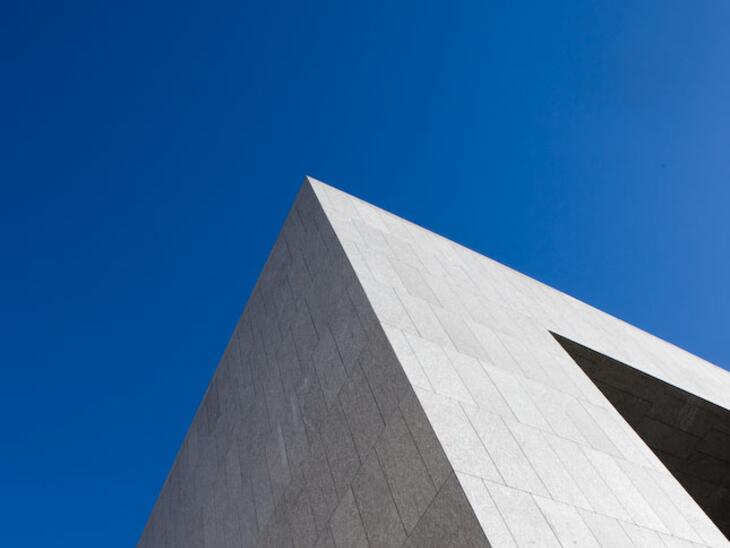"The region has a great theatre history, and a lot of literature has also been created in the area. We want to provide start-up support for this potential, this tradition, which has been somewhat neglected in recent years: How can we manage to bring theatre (back) to a region?" For Alexander Charim, director, artist, curator and project manager at the Capital of Culture Bad Ischl - Salzkammergut, this question is at the heart of the diverse programme that will significantly shape the region, its residents and visitors and the 2024 cultural programme. In addition to countless programme items from all genres, a Short Operetta Festival is on the programme at the beginning of July in the historic Lehár Theatre in Bad Ischl. Three 20-minute short operettas by contemporary composers and librettists were selected in a competition and will be premiered as part of the Short Operetta Festival: contemporary operettas by up-and-coming teams of artists: teams, staged by Mozarteum University students from the fields of acting, directing, scenography, singing and orchestra as well as the French Ensemble Multilatérale, which will return to Salzburg in 2024 as part of ARCO, the French-Austrian Academy for Contemporary Composition of the Mozarteum University and GMEM Marseille.
The aim of the Short Operetta Festival, which will be organised and developed under the direction of Alexander Charim and Angela Schweiger from March, is nothing less than the revival of a format and the continuation of "dead traditions". The "evil" operetta was completely destroyed as a genre by National Socialism, on the one hand because of the supposedly scandalous influence of the music, and on the other because of the predominantly Jewish authors. It was not only private theatres that were destroyed at this time, but also the special kind of humour typical of operetta and the extremely critical approach to contemporary history. What today is perceived almost exclusively as kitsch and nostalgia was once a highly political form of theatre. As an extension of the Lehár Festival, which mainly presents operettas that are over 100 years old, the Short Operetta Festival has a contemporary approach. "Modern, contemporary operetta almost no longer exists in this form today. The Capital of Culture and the Short Operetta Festival are a great opportunity to exploit potential, to bring back the past and let the format speak for itself." The competition is aimed at teams of composers and librettists up to the age of 35. The competition jury, consisting of Elisabeth Gutjahr and Christoph Lepschy (Mozarteum University), Magdalena Hoisbauer (dramaturge at Volksoper Wien), Thomas Enzinger and Angela Schweiger (Lehár Festival Bad Ischl) and Alexander Charim (Capital of Culture Bad Ischl 2024), selected three concepts from the numerous submissions. Alexander Charim: "The participation of young artists with contemporary positions, what we want to do with the Short Operettas, is very rare in the region. Yet Bad Ischl was a total operetta hotspot in the 1920s and 1930s! The entire Viennese operetta scene spent their summer holidays here and revitalised the town. I found the following sentence in a satirical newspaper article from that time: There are three librettists on every corner here." Exploring the range of current topics on the one hand and finding modern approaches to the genre on the other is an exciting way of highlighting the critical and subversive potential of operetta in its "home town" - even if the topics are not surprising: the works deal with the immediate present, climate change, capitalism, right-wing extremism and right-wing social tendencies.
Along the Capital of Culture programme lines, "Globalokal - Building The New", "Kultur im Fluss" and "Sharing Salzkammergut - Die Kunst des Reisens", the concepts also show possibilities and other perspectives for actively shaping a possible future: "Die schrumpfende Stadt" by Lea Willeke (libretto) and Tanja Elisa Glinsner (composition), for example, is a parable on climate change and humorously explores the dystopian fable of a shrinking city due to climate change. In "L'écosystème humain?", Fernando Strasnoy (composition) and Giuliana Kiersz (libretto) deal with the language of right-wing politicians - an absolutely archetypal theme of operetta - and do not work with a concrete plot, but rather experiment with text modules. "The Bat Bomb" by Alexander R. Schweiß (composition) and Lena Reißner (libretto) is a thought experiment on an absurd proposal made by a scientist to the American president during the Second World War: to equip bats with incendiary bombs and use them to spread fear and terror in Japanese cities. The operetta plays out the "what if" if the experiment had actually been carried out. "In the 1920s and 1930s, operetta was something that was used to put life plans to the test and try out new aspects - especially in the area of female emancipation or self-determination. It is important to us that everything happens with humour and that contrasts are broken down, between the serious and the entertaining, between the political message and the light fare. They don't have to be opposites. Perhaps operetta today can once again attract audiences who not only want to be entertained, but who also want to be stimulated to discuss and debate." For Alexander Charim, this also brings the question of the entertainment theatre of the future generation to the fore, what kind of theatre works for the "Netflix generation" and whether or what new possibilities theatre can offer here. The resurrection of the "evil operetta" as a critical and comic examination of our society could certainly play a revitalised, powerful role.
The collaboration in the development process of the short operettas, which starts in March at the Mozarteum University in Salzburg, will be different from "normal operations" and will take place in a kind of lab: Together with the composers, librettists, directors, conductors, singers and mentors, a first version will be developed even before rehearsals begin. Until finalisation, the artists then have time and space to try things out, develop something new, take something away or try out other methods of development. "I think the Capital of Culture Bad Ischl - Salzkammergut is also a bit of a mosaic. Many things that initially stand alone can be combined with other ideas and thoughts to create interesting things. This is also the idea of Elisabeth Schweeger (Artistic Director of the Capital of Culture Bad Ischl), that something grows together. The Short Operettas are one of these building blocks and I'm excited to see what they might grow into," concludes Alexander Charim. The curtain is thus raised on a bold journey into the world of operetta to honour the past, question the present and reshape the future of theatre.
(First published in the Uni-Nachrichten / Salzburger Nachrichten on 16 March 2024)




